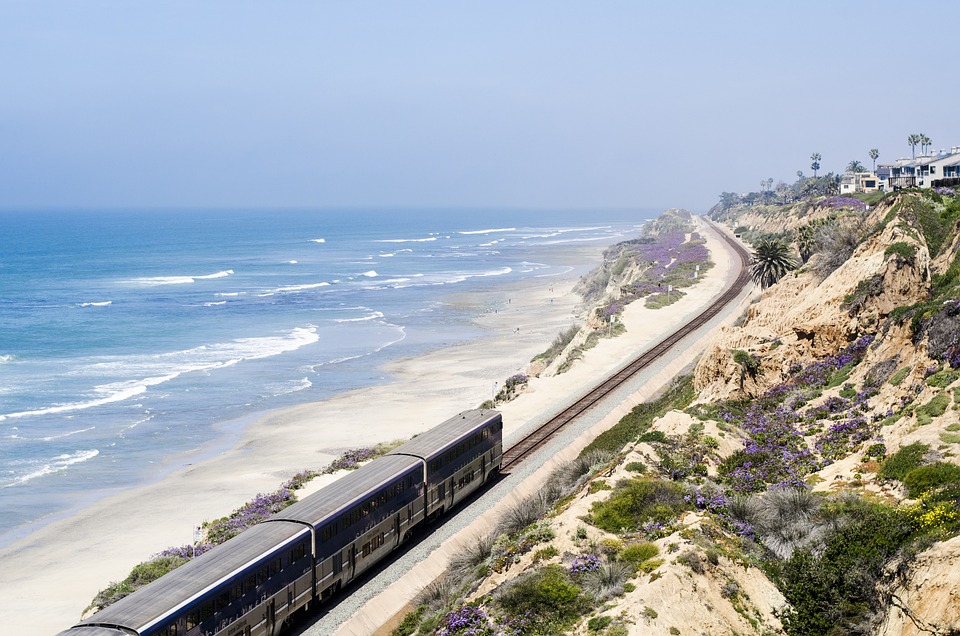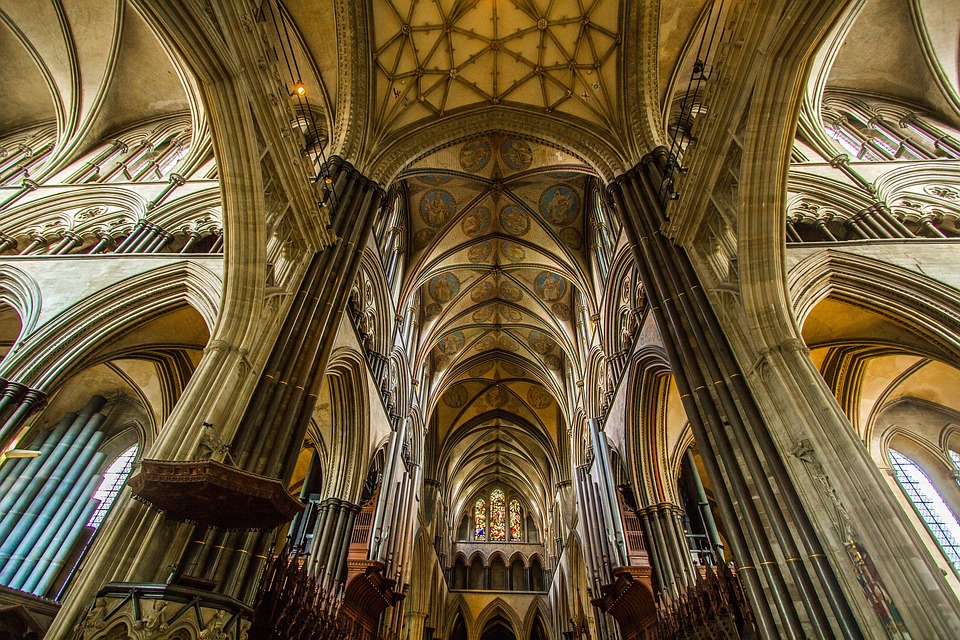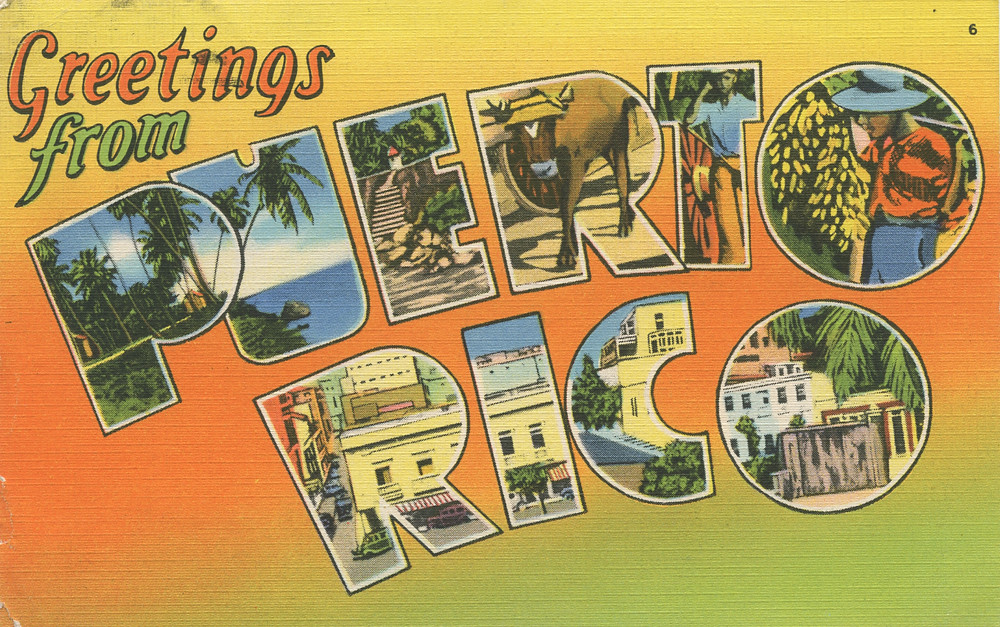WHY VISIT IRAQ
Considered the cradle of civilization, Iraq is home to thousands of archaeological sites, some of which have not yet been explored. However, the years of war have greatly deteriorated this incomparable cultural heritage, and some losses are unfortunately irretrievable.
In Baghdad, there is the famous National Museum of Archeology, in the center of the city, which has been targeted and damaged and lost thousands of valuable pieces. You can also see the Abbasid palace, dating from 1179, and turned into a museum, which was bombed in 1991, as well as the al-Mustnasiriya school, dating from 1232, which suffered the same fate.
The city of Ctesiphon, south of Baghdad, is undoubtedly the first village in the history and was also the capital of the Persians: you will admire an immense brick arch (30 meters high) that has existed for 2000 years. To preserve this unique work, it was reconstituted a part and supported with buttresses in 2007.
Other sites damaged by the bombing of 1991, the ziggurat d ‘Ur, dating back to 3000 BC, the Assinbanipal palace in Nineveh, a Mosul church dating back to the 10th century, and ancient villages which have Destroyed and shaved.
To the northeast of Baghdad, Samarra is a famous place for Shi’ite pilgrims, and there are ruins dating back to the Abbasid dynasty, especially those of the Al-Mutaxakkil mosque, which make this site classified To the UNESCO heritage.
WHAT TO SEE IN IRAQ
Top destinations in Iraq are:
- Baghdad
- Erbil
- Ur
- Basra
- Karbala
- Hatra
- Dur-Kurigalzu
- Sulaymaniyah
- Babylon
- Ctesiphon
- Mosul
- Dahuk
- Kirkuk
- Nineveh
WHEN TO GO TO IRAQ
The best period to visit Iraq is from April to June.
| January | |
| February | |
| March | |
| April | |
| May | |
| June | |
| July | |
| August | |
| September | |
| October | |
| November | |
| December |
Iraq is the hottest country in the Arabian Peninsula and its continental climate is divided into two seasons: a hot, dry season from May to October with temperatures up to 50 ° C in June and a season cooler from November to April. The most pleasant periods to visit Iraq are in April / May or October / November.
Following a list of typical festivals and celebrations of Iraq.
- Assyrian New Year: The Assyrian New Year takes place every year on April 1 in all countries where Assyrians reside. Marked by festivities, the day is celebrated with long parades in colorful outfits and ancient costumes. Students, dignitaries, men, and women alike join in the parties, dancing in the streets and parks for hours. Just like the rest of the world, Iraqis also celebrated the Georgian calendar New Year on January 1.
- Navroz (Nowruz): Navroz meaning ‘New Day’ is a festival which dates back 3000 years to when King Jamshed called astrologers and declared that 21st March, the day that the sun leaves Pisces, the twelfth sign of the zodiac and enters into Aries, the very first zodiac sign would be the day when his kingdom would celebrate ‘New Year’. It has been celebrated with pomp and fervor ever since.
- Iraq Short Film Festival: Established in 2005, the Iraq Short Film Festival celebrates movies made by and for Iraqis. A series of short films are shown in the Arabic or Kurdish language throughout Baghdad. The event is held on August 1 through September 30.
- Babylon International Festival: Held once a year, the Babylon International Festival encompasses all aspects of arts and music. The event represents different cultures and civilizations, celebrating science and culture through folkloric ensembles, singing, musicals, stage performances, seminars, workshops, and other activities. Its main goal is to preserve ancient traditions by passing them on to the younger generations. The annual event takes place on September 22 through October 1.
- Christmas Day: Christmas Day (December 25) is celebrated differently in Iraq than in the west, observed by the few remaining Christians in the country. The day is marked with a ceremonial reading of the nativity story from the Arabic Bible. During the reading, family members hold lighted candles as they listen, and once the story is finished, a bonfire is lighted using the candles and a pile of dried thorns in the courtyard, symbolic of the future of the household in the coming year. Once the thorns have completely turned to ashes, family members jump over the remnants and make a wish. Religious services are also held in local churches, followed by processionals.
HOW TO REACH AND TRAVEL THROUGH IRAQ
by plane, the main airports are:
- Baghdad
- Al Najaf
- Basra
- Erbil
- Mosul
- Sulaimaniyah
by train
by car
GENERAL INFORMATION ON IRAQ
health tips & vaccination: drink only bottled water and avoid ice. The vaccine against cholera, typhus, hepatitis A and B and malaria prophylaxis is recommended.
local currency: Iraqi Dinar
local time zone: GMT+3 (+4)
electricity: type C, type D, and type G (230 V, 50 Hz)
mobile phone operators:
WHAT TO DO IN IRAQ
typical food in Iraq
- Dolma: Vine leaves, cabbage, lettuce, onions, aubergine, marrow or cucumbers stuffed with rice, meat, and spices
- Tikka: Small chunks of mutton on skewers grilled on a charcoal fire
- Quozi: Small lamb boiled whole and grilled, stuffed with rice, minced meat and spices and served on rice
- Gauss: Grilled-meat wrap
- Bamieh: Lamb, okra and tomato stew
- Quzi: Lamb with rice, raisins, almonds, and spices
- Falafel: Fried chickpea patties served in a pitta with amba (spicy sauce derived from pickled mango) and salad
- Kubbah: Minced meat mixed with rice or bulgur and spices
- Masguf: grilled fish (carp) seasoned with tamarind and pepper
- Maqluba: A rice-based dish with lamb, aubergine and tomatoes
- Arak: A clear, colorless, unsweetened aniseed-flavored distilled alcoholic drink
souvenirs from Iraq
- ceramics
- pottery
- copper objects
- leatherware
- antiques: jugs, candle holders, containers
- Oil paintings, metal engraving, carving, embroidered pictures
- room decorations: such as tablecloths and mantles for furniture
- Dishdasha, men’s and women’s traditional clothes made of a long shirt or dress to the floor with fancywork by yarn and beads or print
- natural oils
- sweets, dried fruits, nuts, coffee, tea, spices
- gold, silver, men’s silver rings with big stones to wear on on annular or picky finger
- carpets and rugs
- Mabhara (incense lamp) and bukhur (incense powder)
SIMPLE DICTIONARY
Hello: مرحبا (marhba)
Goodbye: وداعا (wadaeaan)
How are you?: كيف حالك؟ (kayf halk?)
Thank you: شكرا (shukraan)
What is your name?: ما اسمك؟ (ma asmak)
How much is it?: كم سعره؟ (kam saerha?)
Sorry: معذرة (maedhira)





















